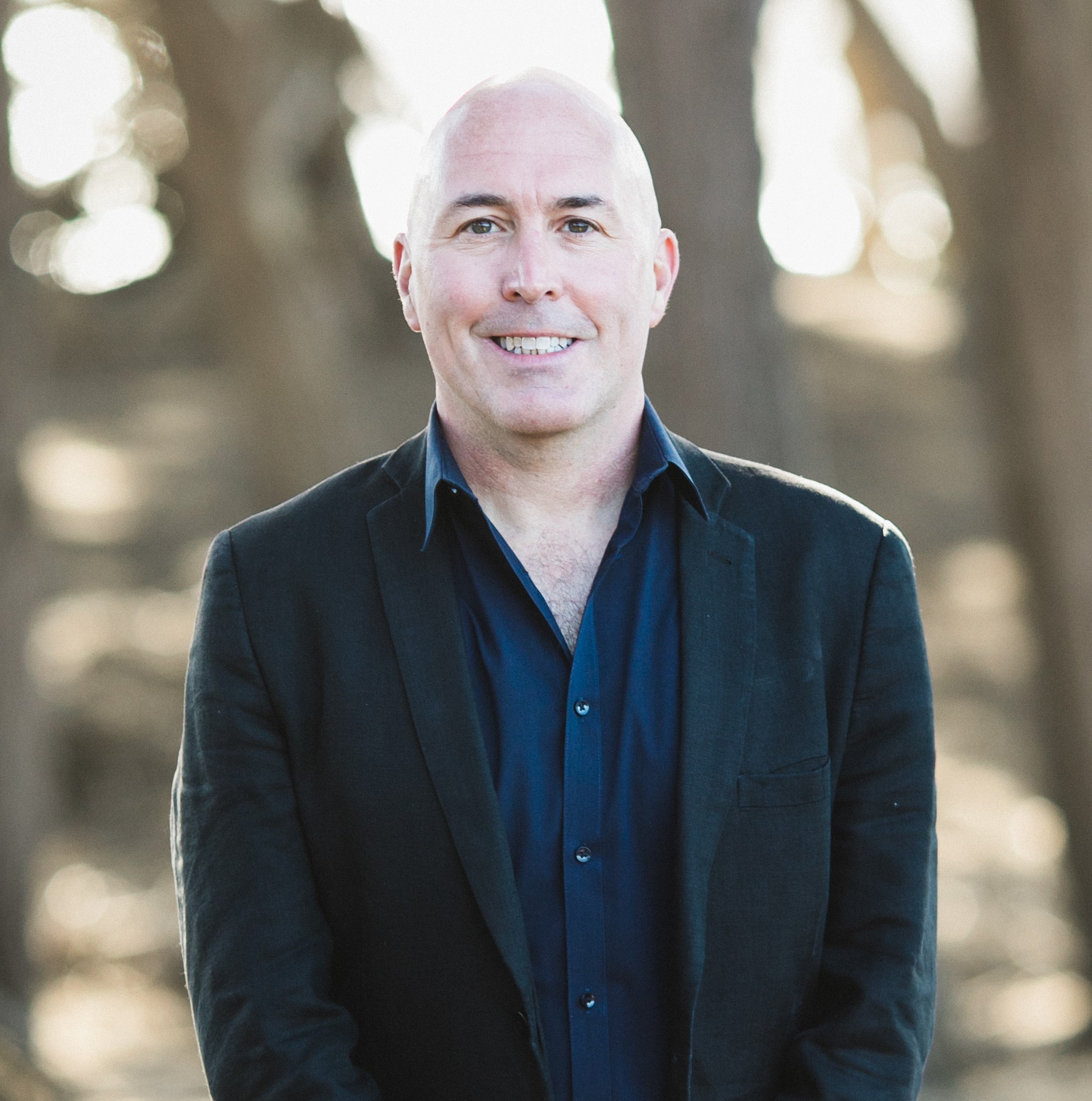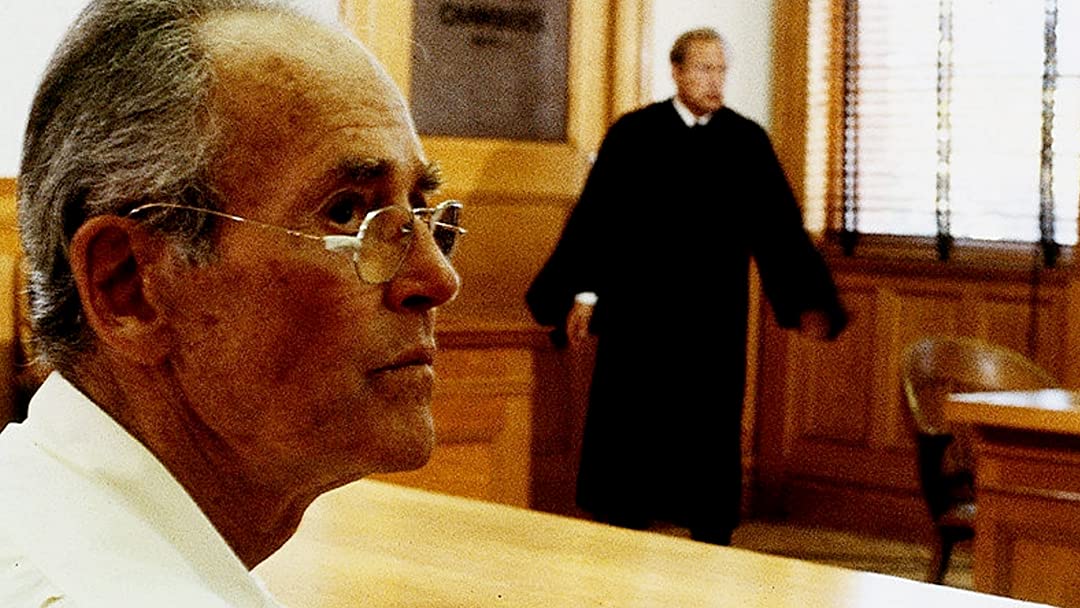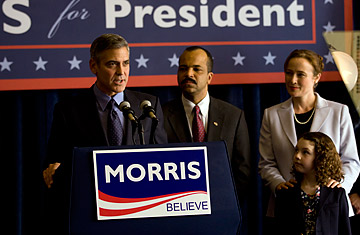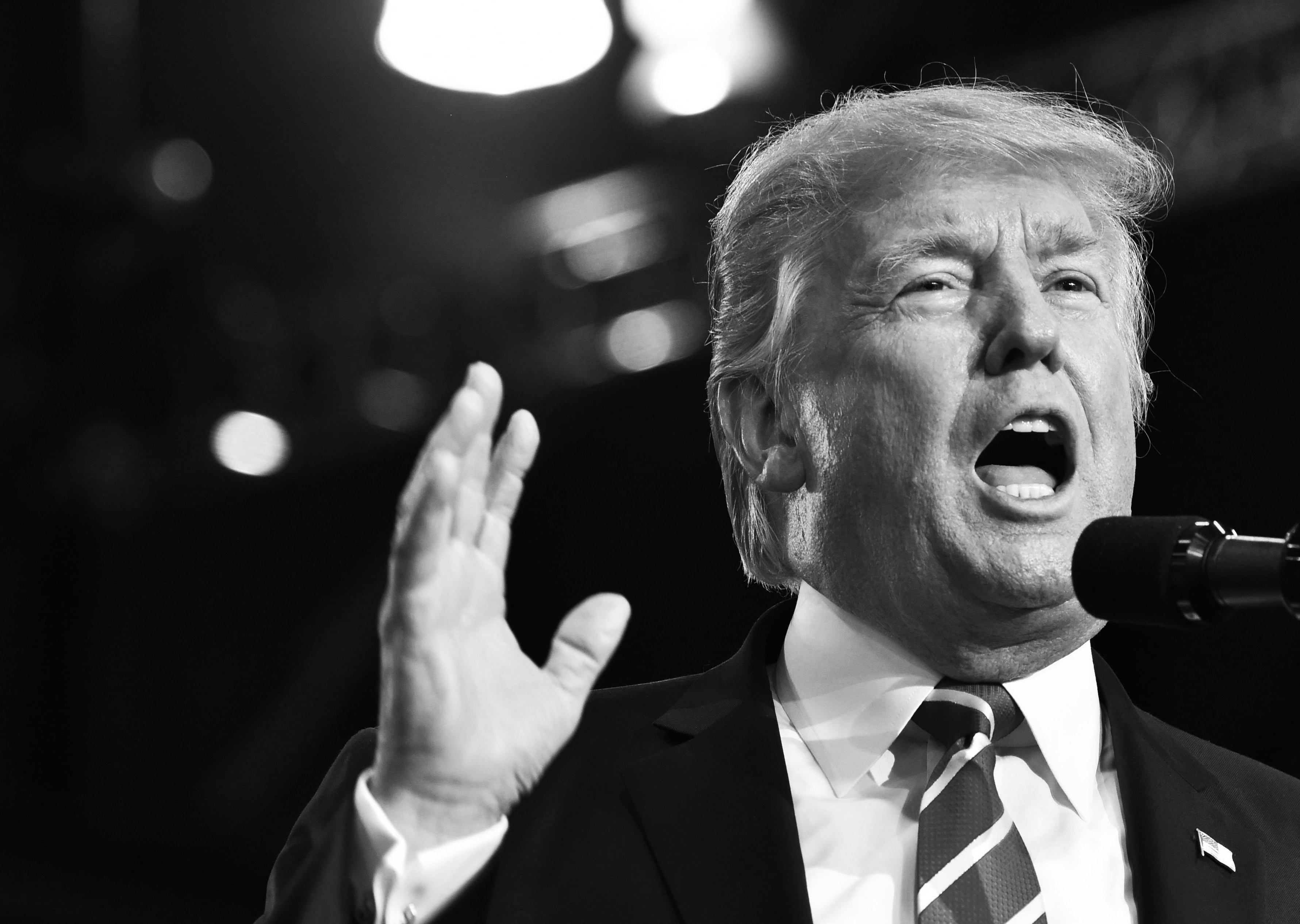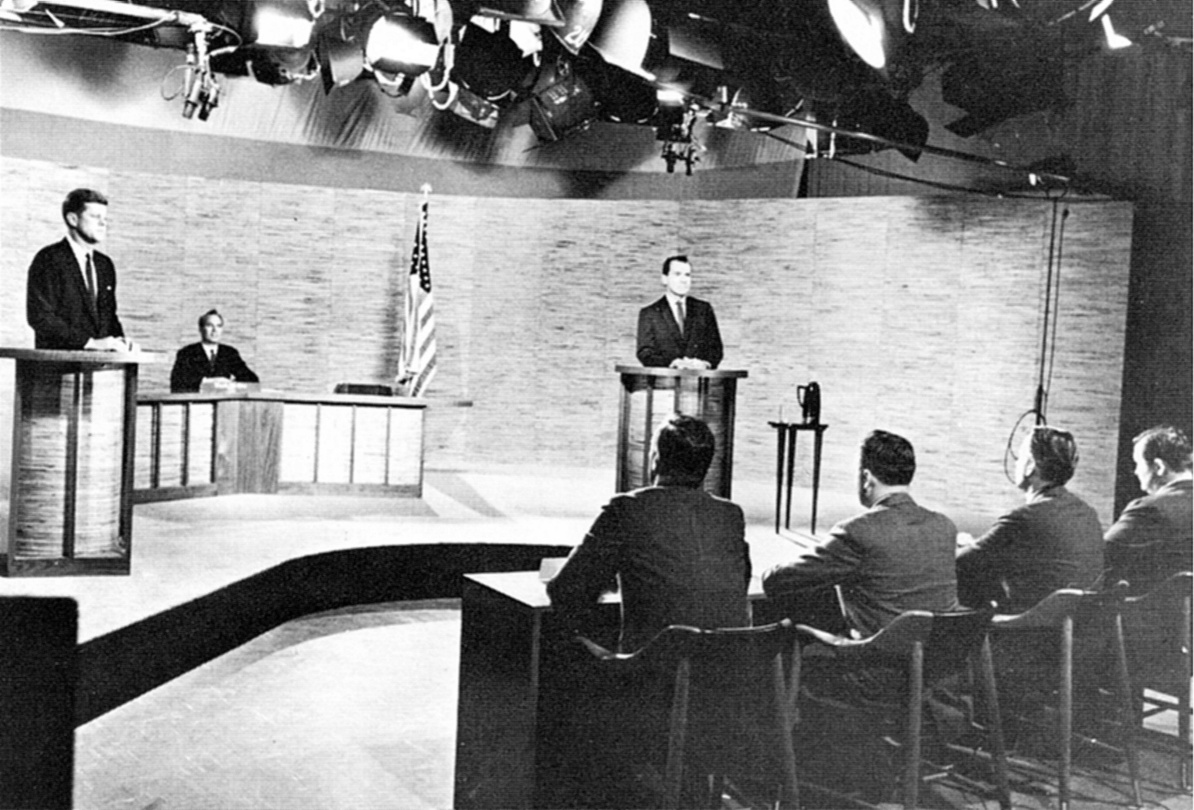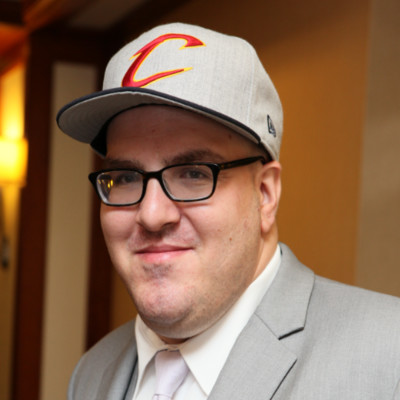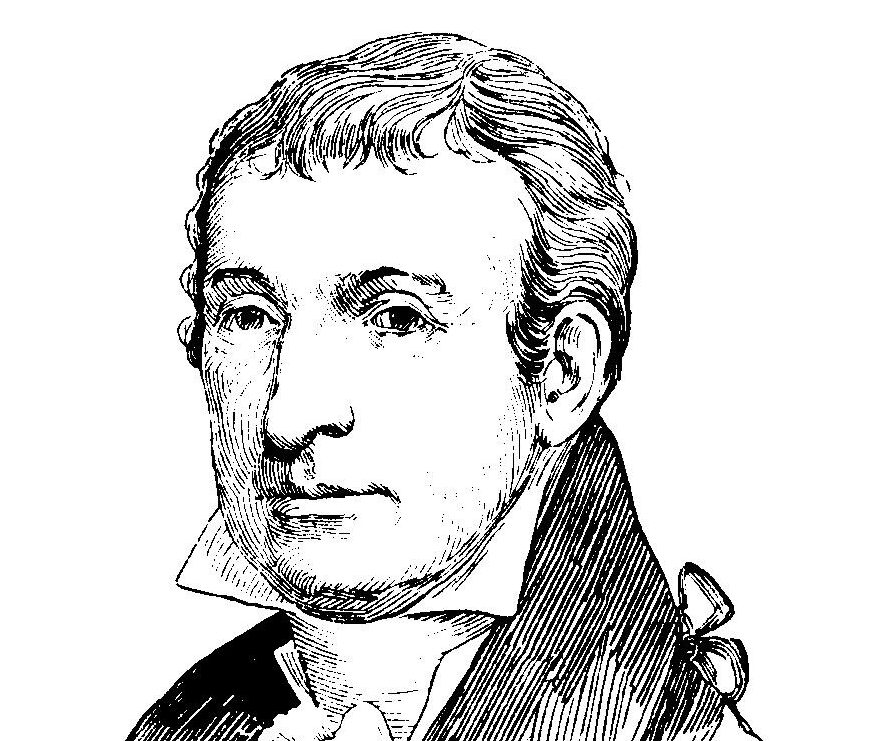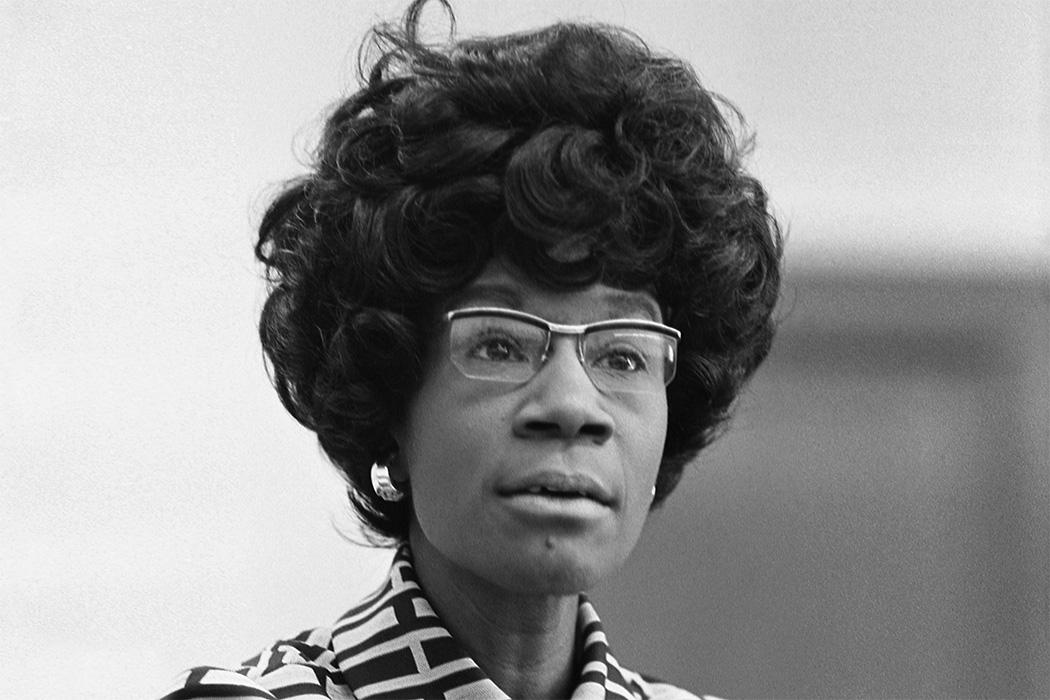September
Dan Devitt on Opinions in the Classroom
“As the list of controversies outside the classroom grows, the reality for government teachers inside the classroom remains the same: students are watching your every move to see where you stand and gain guidance for answers or clarity to these complex issues,” writes Dan Devitt, social studies teacher at St. Ignatius College Preparatory School in San Francisco. Read his piece.
August
Buckeye Bellwether
The August Monthly Report looks at the two most recent congressional elections, both in Ohio. Are these campaigns and resulting elections accurate barometers for the future contests? Read here.
May
The Released FRQs, Written Exam 2021
Now that this round of the 2021 AP Government exam is over and the FRQs have been released, let’s take a look at Set 1 and Set 2. This is really only the 2nd full round of the national exam post-redesign. In stepping back and looking at these, I see two doable sets of questions.
April
FDR, LBJ and JRB
Following the defeat of Hubert H. Humphrey in 1968 liberalism was on the ropes. Stymied by the costs of the Vietnam War, civil unrest, and growing inflation, the Roosevelt coalition of Southern Democrats, Northern union liberals, and historically marginalized communities . . .
March
Ides of March
George Clooney’s political movie, The Ides of March, is a provocative tale of political ethics, loyalty, and bare-knuckle battles for personal gain. It’s also a timely commentary that reminds of the 2008 Democratic presidential campaign.
February
Teaching the Impeachment
This is the third presidential impeachment for many of us Government teachers. Indeed there might be a few social studies teachers still in the classroom who taught during the Nixon ouster; they’d be 69+ today.
January
Through a New Lens
The 1960 televised debates between presidential candidates Richard Nixon and John Kennedy changed the course of the campaign, sealed the deal for Kennedy, and changed how American’s view candidates. Though presidential candidates had public encounters . . .
December
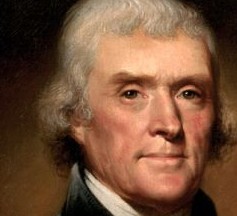 Deadlocked: Election of 1800
Deadlocked: Election of 1800
The 1800 presidential election was a tight race amid intense partisan politics. With no clear winner, Federalists and Republicans in the US House of Representatives balloted to select the new president in what appeared a deadly atmosphere.
November
An Energized Electorate, No Tectonic Shifts
The 2020 presidential election, with the highest turnout (67%) since the 1900 Election, revealed a deeply divided electorate. By the time all the votes are counted, both President Donald J. Trump and Vice President Joe Biden will surpass Barack Obama’s 2008 total for most votes ever received by a presidential candidate. Read Patrick Sprinkle’s analysis.
October
Luther Martin’s Closing Argument
When the McCulloch v. Maryland case landed in the US Supreme Court in a power play between the states and the federal government, an old spokesman for states’ rights made his final argument against centralized power and the loose interpretation of the Constitution he had long feared.
September
Shirley Chisholm: She Had Guts
After the 2008 election and subsequent inauguration of the nation’s first African American president, some of the excitement has dwindled. This should allow us to recall one of the pioneers who broke a political barrier: Shirley Chisholm.
August
The Bureau of Labor Statistics: Jobs Report
The Bureau of Labor Statistics, an agency within the Labor Department, is charged with figuring and communicating the unemployment rate, among other useful measures of the job market, that impacts the U.S. economy. You can examine this PDF of the August Jobs Report.
July
The Tipping Point: Virginia’s Ratifying Convention
The Virginia Ratifying convention brought together great minds and great leaders in a large, influential state. Though ratification was perhaps imminent, the Virginia convention served as the tipping point in establishing the new United States.
